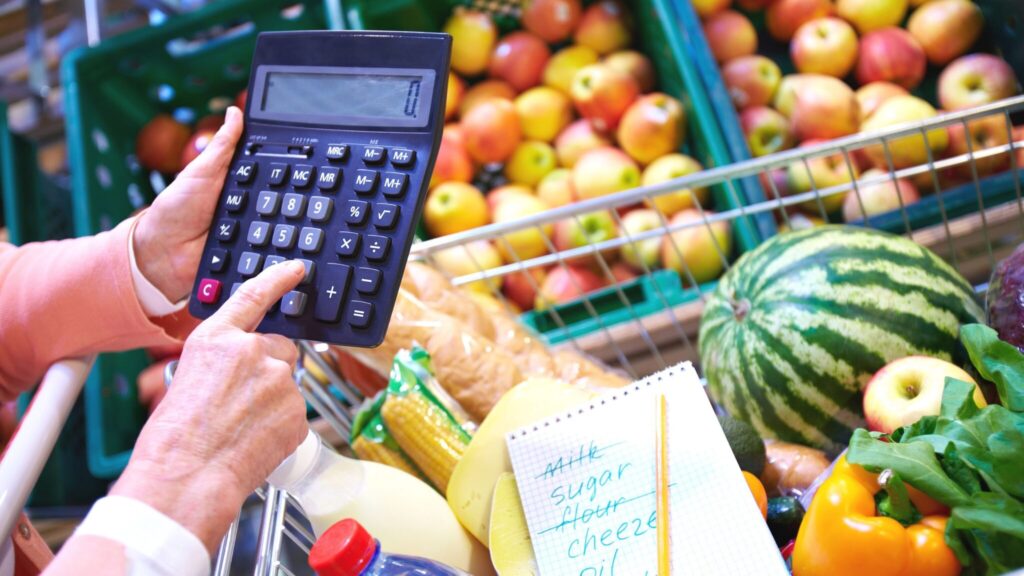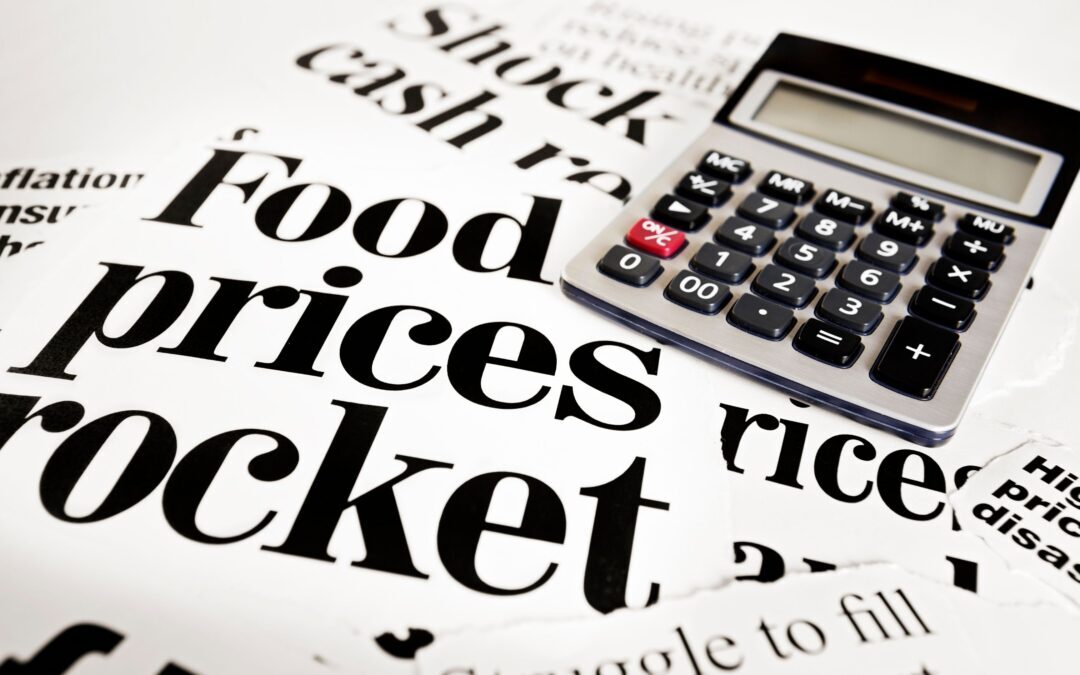Doesn’t it seem like every time we turn around the price of food is going up? In fact, food prices have risen more rapidly since the onset of the pandemic than they did over the previous decade. So what does rising food costs mean for families? Well, it can be tough to afford to eat well on a tight budget. But with some careful planning, you can still make healthy and affordable meals your family will love.
Let’s explore how our lives might change with the rising food costs
First, we may have to do more home cooking rather than eating out, which can be healthy but is not without social impacts. Secondly, meal planning and prepping meals for the week/month ahead may become our norm. Meal planning not only results in less food waste but is also cost-effective! Rising food costs could mean less variety because food prices will vary depending on what’s seasonally available. So you may only be able to buy something when it’s in season. Thirdly, the rising costs might push Canadians to explore more plant-based foods or how to incorporate them into their pattern of eating. Lastly, feeding dynamics within families might change. We know that pressuring kids to eat is harmful, however, if food is costing more, we can see that there may be some well-meaning “pressure” to clean one’s plate and not to waste.

Who will be primarily be impacted by rising food cost?
Vulnerable populations will be hit a lot harder than middle to upper-class individuals and families. The following are factors that could affect who will be most affected by rising food costs.
- Access to a vehicle and gas: A person with a vehicle can drive to different stores to get the best prices for food items. This is not always the case for someone who may have to take the bus or taxi to go grocery shopping.
- Large fridge and freezer: Having access to a large fridge and freezer can allow a person the luxury to purchase in bulk when items are on sale, and save for later.
- Time & cooking skills: Having the time and the cooking skills to know how to cook from scratch is a contributing factor. Many people in vulnerable populations may have long commutes, have to work a few jobs or don’t have the luxury to spend time cooking in the kitchen.

Tips on how to save money at the grocery store
- Make a meal plan to reduce over spending on items you don’t need.
- Check your flyers and online apps and purchase in bulk when food items go on sale.
- Try different brands when items go on sale
- Shop around at different stores. Compainson shopping is not as much as an inconvenience anymore with online shopping. You can easily see which store has the best price for an food item.
- Eat based on what is in season.
- Try frozen veggies and fruit. They tend to be less expensive then fresh.
- Use digital coupons or grocery store rebate apps to save money
You can also check out this post GROCERY SHOPPING TIPS YOU NEED TO KNOW for more ways we can help you eat well without breaking the bank!
We hope that you’ve found some interesting and helpful information in this blog post. If you have any questions about food cost impacts or how to save money at the grocery store, feel free to reach out and we can connect with our dietitian team for advice on your specific situation.
How do I book an appointment with a Registered Dietitian?
To book an appointment with one of our Registered Dietitians or therapists you can:
Phone: 204-515-7466
Email: admin@alittlenutrition.com
Book online: https://alittlenutrition.janeapp.com/
Pin Me for Later







